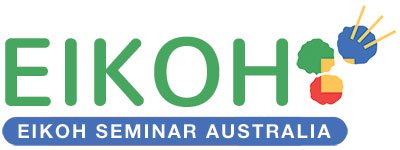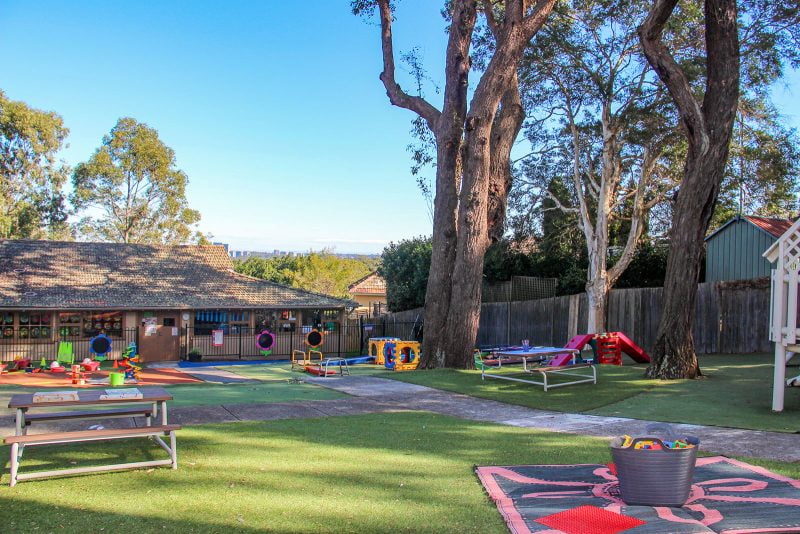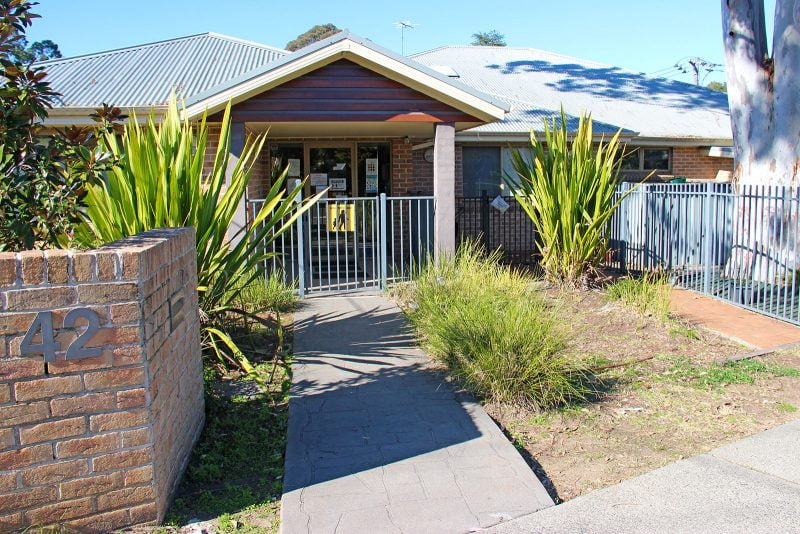
The Early Years Learning Framework Explained
The Early Years Learning Framework (EYLF) is an Australian framework designed to support early childhood care providers, teachers, and educators.
Aimed at providing structure for early years learning, the framework was created to help extend and enrich children’s learning from birth to five years, and through their transition to school.
At Eikoh Seminar, the Early Years Learning Framework is at the core of everything we do across our childcare and early learning centres. The EYLF is a way to ensure that children in early education and childcare receive the quality teaching and learning they deserve.
For parents, understanding the EYLF is important, as it provides a clear outline of the framework that is followed and practised in childcare centres across Australia. However, we understand that wrapping your head around a government-produced PDF document isn’t always easy - which is why we’ve put together a guide to understanding the Early Years Learning Framework and the values, practises, and outcomes it can accomplish for your child.
Table of Contents
- What is the EYLF?
- The Themes: Belonging, Being, and Becoming
- The EYLF Principles in 2023
- Outcomes of the EYLF
- Changes to the EYLF in 2022
- The National Approved Learning Frameworks in Australia
- The EYLF in Practice
What are the Early Years Learning Framework?
Under the National Quality Framework (NQF), the EYLF is a nationally approved learning framework that guides the learning and development of young children from birth to 5 years of age. The EYLF was developed in 2009 and revised in 2022.
The framework is not a curriculum or a syllabus. Instead, the framework is designed to encourage educators to create their own curriculums to achieve the best results for the children they care for.
The Early Years Learning Framework is made up of three core themes, eight principles and practices, and five learning outcomes.
The Themes: Belonging, Being, and Becoming
The three main themes of the EYLF are lenses through which we view childcare and early education. While the learning outcomes are what we hope to achieve for children, the core themes are about their ongoing and holistic experiences.

1. Belonging
We all want to belong, and finding that sense of identity starts during childhood, when relationships with family, friends, and educators are formed.

2. Being
By focusing on ‘being’ and living in the present, the EYLF encourages children to enjoy the here and now rather than getting too caught up in the future.

1. Becoming
The goal of childcare is for children to grow into valued members of communities, with their own identities and beliefs. Early childcare is when children learn to become their own person, embrace themselves, others.
The EYLF Principles in 2023
The eight principles of the Early Years Learning Framework involve the children as well as their families and educators. These principles are values and beliefs that children learn to understand in their childcare journey.
Educators and families can encourage children to learn and develop by:
- Building strong, respectful, and reciprocal relationships
- Developing and maintaining partnerships
- Respecting and acknowledging diversity
- Considering Aboriginal and Torres Strait Islander perspectives and knowledge
- Understanding and committing to inclusion and equity
- Contributing to sustainability in all forms
- Engaging in critical reflection for ongoing learning
- Collaborating with others and exercising leadership and teamwork
Educators, children, and families alike can engage with these eight key principles, encouraging a sense of connection to the child’s development.
Outcomes of the Early Years Learning Framework
All childcare professionals work to achieve the EYLF’s five learning outcomes. You can think of the EYLF outcomes as goalposts that we direct children towards.
1. Sense of Identity
During their time in early learning centres, young children develop a strong sense of who they are and who they will become. They will feel safe, secure, and supported as they develop relationships and find their independence.
2. Connection to the World
In learning communities, children will learn respect for other people and the environment, acting with fairness and responsibility.
2. Well-being
The EYLF fosters strong social and emotional well-being. Children will learn how to take care of their physical and mental health and understand the well-being of others.
4. Confidence & Involvement
A huge part of growing up is practising curiosity, enthusiasm, and commitment - with confidence. Engaging in play-based learning and inquiry teaches children to adapt to their environments, learning both independently and collaboratively.
5. Communication
The last EYLF learning outcome teaches children to express their ideas, understand texts and media, and use information and communication technologies. These important skills set children up for their school years and beyond.
Changes to the Early Years Learning Framework in 2022
The first version of the Early Years Learning Framework was released in 2009. It was then updated with three new principles in 2022.
The updated EYLF includes sustainability, collaborative teamwork, and the consideration of Aboriginal and Torres Strait Islander perspectives as new principles.
The National Approved Learning Frameworks in Australia
The National Quality Framework has implemented two learning frameworks across Australia:
Belonging, Being & Becoming: The Early Years Learning Framework for Australia is for children under the age of five.
There is also a nationally approved learning framework for school-age children called: My Time, Our Place: Framework for School Age Care in Australia.
Putting the Early Years Learning Framework into Practice with Eikoh
The best part of the Early Years Learning Framework is that it isn’t a guide or set of instructions. It doesn’t tell us what to do — it asks us to reflect and use our judgment to inform how we nurture and encourage children in their early years.
Eikoh Seminar’s childcare professionals set high standards for early education in Australia, implementing the principles and practices of the EYLF to achieve the best outcomes for your child.
With a strong focus on play-based learning, intentional teaching, and social-emotional development, we offer children everything they need to belong, be, and become.
If you’re ready to set your child up with the skills they’ll carry with them for life, enrol them in an Eikoh centre and watch them grow.
Our Sydney Childcare Centres
Normanhurst Child Care Centre
Normanhurst Child Care Centre opened in October 1997 and is a purpose-built centre. It is a 48 place centre which caters for children aged 6 weeks to 6 years. The centre is open 7am – 6pm, 50 weeks per year and is located close to Normanhurst train station.
St Ives Chase Kindergarten
St Ives Chase Kindergarten opened in August 1991 and is a licensed Centre catering for up to 40 children aged between 2.5 - 6 years. The centre offers Long Day Care and Preschool hours, and is open from 7am to 6pm, Monday to Friday, 50 weeks per year.
Roseville Kindergarten
Roseville Kindergarten opened in January 1992 and is a 40 place centre which caters for children aged 3 - 6 years. We offer Pre-school hours from 9am to 3pm or extended hours from 8am to 5:30pm for those families who require more flexible hours. The centre is open Monday to Friday for 48 weeks per year.
West Ryde Long Day Care
West Ryde Long Day Care Centre opened in February 2007 and is a 79 place centre which caters for children from 6 weeks to 6 years.
The centre is open from 7am to 6pm, Monday to Friday, 50 weeks per year.




